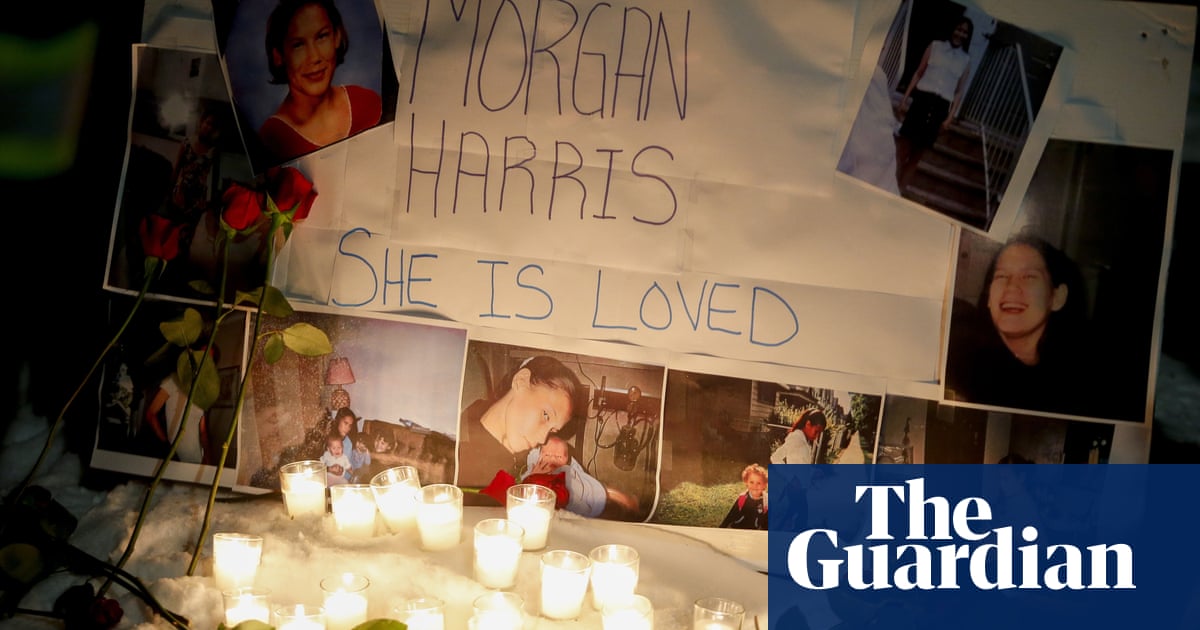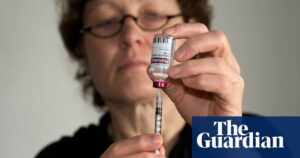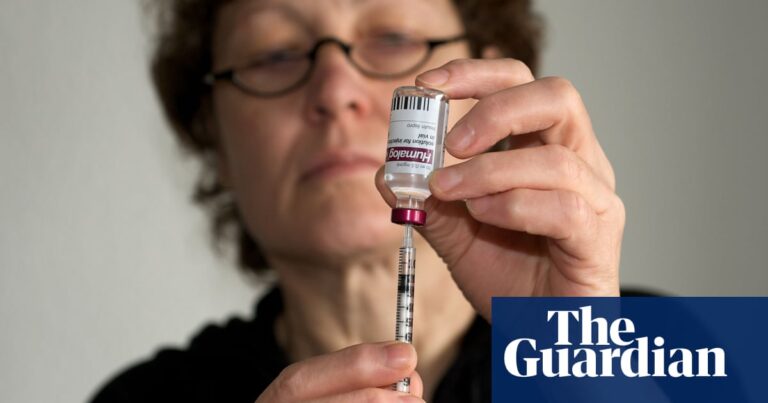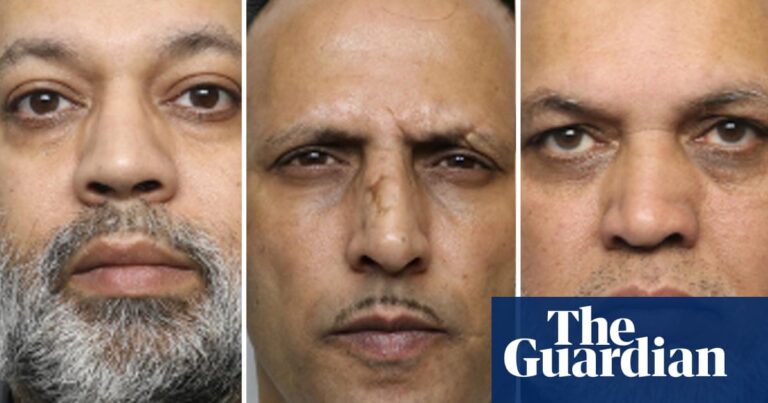
An accused serial killer in Canada, who police believed disposed of his victims by dumping some of them in landfills, has admitted to killing four Indigenous women, with his lawyers arguing a mental disorder meant he was not criminally responsible for the crimes.
Jeremy Skibicki is charged with four counts of first-degree murder in the deaths of Rebecca Contois, Morgan Harris, Marcedes Myran and an unidentified woman, who was named Mashkode Bizhiki’ikwe (Buffalo Woman) by Indigenous leaders. He has pleaded not guilty to all of the charges and had been due to stand trial this week.
But the surprise development on Monday prompted Crown prosecutors in the city of Winnipeg to agree to a judge-only trial, which could begin as early as Wednesday. Twelve jurors, who were selected last month, will be dismissed.
“At this point, the accused is now admitting that he killed all four women, and that is a new development,” prosecutor Chris Vanderhooft told Manitoba’s court of king’s bench.
Skibicki is believed to have left the bodies of at least two of his known victims at Winnipeg’s Prairie Green landfill but police initially said that they did not have the resources to search the refuse at the facility, much of which is buried under tonnes of clay.
Previous reports suggested a search could take up to three years and cost anywhere between C$84m and C$184m (US$61m-$135m).
Indigenous groups in Winnipeg have led marches and road blockades to pressure officials to approve a search.
In March, after the newly elected Manitoba premier, Wab Kinew, said he would make a search of Winnipeg’s Prairie Green a priority for his government, Canada pledged tens of millions of dollars to aid in the effort.
The federal and Manitoba governments agreed to each contribute C$20m, but a recent report prepared by the Assembly of Manitoba Chiefs and ISN Maskwa, a company that provides emergency response training and services, suggests a thorough search could cost C$90m – more than double the figure offered by the governments – and would also put teams searchers at “very high risk” of encountering asbestos.
The admission from Skibicki’s lawyers comes a day after the national day of awareness for missing and murdered Indigenous women and girls – also known as “red dress day”.
In recent decades, at least 4,000 Indigenous women and girls have been murdered – or simply vanished, a reality described in a landmark 2019 report as a “genocide”. And against a backdrop of systemic inequity and injustice, vulnerable Indigenous women continue to be victims of neglectful policies and state indifference.
It is unclear if Monday’s revelations in court will give police and families a sense of where the bodies of Harris and Myran might be located, as well as the identity of Mashkode Bizhiki’ikwe
Source: theguardian.com


















